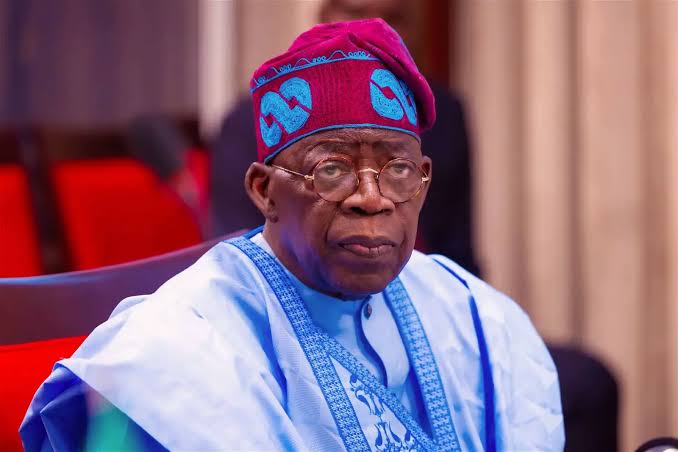Former spokesperson for President Bola Tinubu in the South-East, Dr. Josef Onoh, has pushed back against claims by ex-Secretary to the Government of the Federation, Babachir Lawal, who recently called the Lagos-Calabar Coastal Highway project a scam.
In a statement released on Saturday, Onoh said Lawal’s comment was “untrue and misleading,” arguing that such claims only confuse the public and take away from the real progress being made in the country’s road infrastructure.
He stated that the Lagos-Calabar highway is a major initiative under the current administration, designed to link nine coastal states—Lagos, Ogun, Ondo, Delta, Edo, Bayelsa, Rivers, Akwa Ibom, and Cross River—while boosting trade, tourism, and transport.
“Far from being a scam, this 700-kilometre project is a carefully planned infrastructure initiative aimed at improving connectivity, generating thousands of jobs, and increasing access to markets for over 30 million Nigerians,” Onoh said. “The project is estimated to contribute as much as $12 billion annually to Nigeria’s GDP in its first decade.”
He noted that the first 30-kilometre stretch of the highway, from Ahmadu Bello Way to Eleko Village in Lagos, was completed and commissioned by President Tinubu on May 31, 2025, just over a year after construction began in March 2024. The section was built by Hitech Construction Company and features a modern six-lane dual carriageway made with reinforced concrete.
“This visible progress within such a short timeframe contradicts claims of government inaction,” he stated.
Onoh also responded to concerns about the $747 million loan taken to fund the project. He said the government is using a public-private partnership model, which is a global standard approach for large infrastructure work. He explained that this method reduces financial risks and helps maintain transparency throughout the process.
He further noted that the government has paid N18 billion in compensation to those whose properties were affected, showing a clear commitment to fairness and legal procedures.
Beyond the coastal highway, he pointed out other road projects currently underway or recently completed, such as the East-West Road in Rivers State, the Enugu-Port Harcourt Road, and the Calabar-Ugep-Katsina-Ala Road. According to him, these are all part of a broader development plan under the Renewed Hope Agenda.
Onoh questioned Lawal’s criticism, suggesting it could be influenced by political shifts after he left the All Progressives Congress (APC) and joined opposition groups. “His remarks fail to reflect the broader efforts of the Tinubu administration to rebuild Nigeria’s economy amid inherited challenges,” Onoh stated.
He also praised Minister of Works, Senator David Umahi, for staying true to due process and using local contractors while enforcing strong standards on the project.
“Allegations of a scam are not only unhelpful but also undermine the confidence of Nigerians in a project that enjoys wide support from state governors, traditional rulers, and host communities,” he said.
Onoh urged Nigerians to focus on the benefits of the project, such as job creation, cheaper transportation, and better links between states. He closed by reaffirming the Tinubu government’s dedication to delivering on its promises.
“We welcome constructive dialogue, not baseless criticism, to ensure the success of this and other transformative projects,” he concluded.









